Frequency range: 26.5- 28MHz SWR: ≤1.2:1 Max. power: 35W continuous 250W Short time Bandwidth at S.W.R. 2:1: 1900KHz Impedance: 50ohm Whip length: 1200mm Adjustment: 0~90° Cable Length: RG58/157" Po...
See DetailsWill the marine TV/DVB antenna be affected while sailing?
Marine TV/DVB antennas may be affected by a variety of factors during navigation, including the ship's position, movement, weather conditions, and surrounding environment. The following are the impacts that marine TV/DVB antennas may encounter during navigation and their solutions:
Position change: The position of the ship will continue to change during navigation, which may cause the relative position between the antenna and the signal source to change, thus affecting the signal reception quality. Instabilities in signal strength may occur especially when remote from satellite or terrestrial signal sources.
Solution: Through the dynamic pointing and automatic tracking functions of the marine TV/DVB antenna, real-time tracking and adjustment of the signal source can be achieved to maintain signal stability to the greatest extent. Such a system can automatically adjust the direction and angle of the antenna according to the movement of the ship, ensuring continued good signal reception.
Impact of movement: When a ship is sailing at sea, it may be affected by factors such as waves, wind, and hull rocking. These movements may have an adverse effect on the ship's TV/DVB antenna, causing instability or interruption of signal reception.
Solution: Choose to install a marine TV/DVB antenna system with strong stability, earthquake resistance and wind resistance, and take appropriate reinforcement measures to reduce the impact of hull motion on the antenna. In addition, you can consider installing an anti-shake device or stabilization system to further improve the stability of the antenna system.
Weather conditions: Different weather conditions may affect signal reception, such as strong winds, heavy rain, dense fog and other severe weather that may cause signal interference and attenuation, affecting the performance of marine TV/DVB antennas.
Solution: Install a radome or weather cover to protect the antenna from the external environment under severe weather conditions and ensure the stability of signal reception. In addition, obtain weather forecast information in a timely manner, prepare in advance, and choose the appropriate time and route to reduce the impact of severe weather on signal reception.
Physical obstacles: During navigation, there may be various physical obstacles around the ship, such as other ships, rocks, islands, etc. These physical obstacles may block the antenna's field of view and affect signal reception.
Solution: Adjust the installation position and direction of the antenna and choose a route that avoids physical obstacles to maximize the connectivity between the antenna and the signal source. In addition, choosing a more adaptable antenna type, such as a low-profile or omnidirectional antenna, can reduce the impact of physical obstacles on signal reception to a certain extent.

 English
English Español
Español
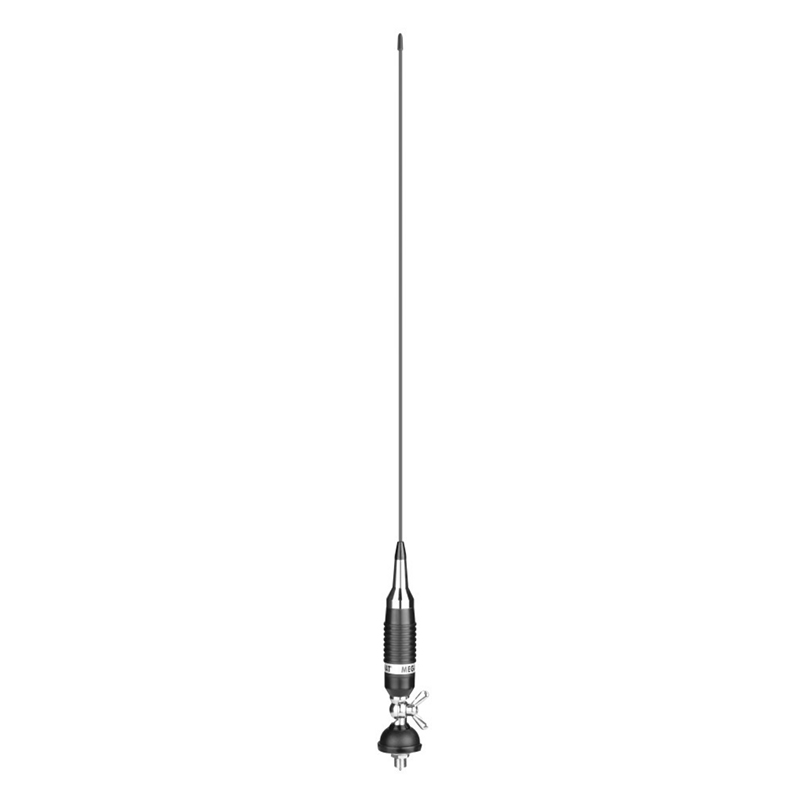
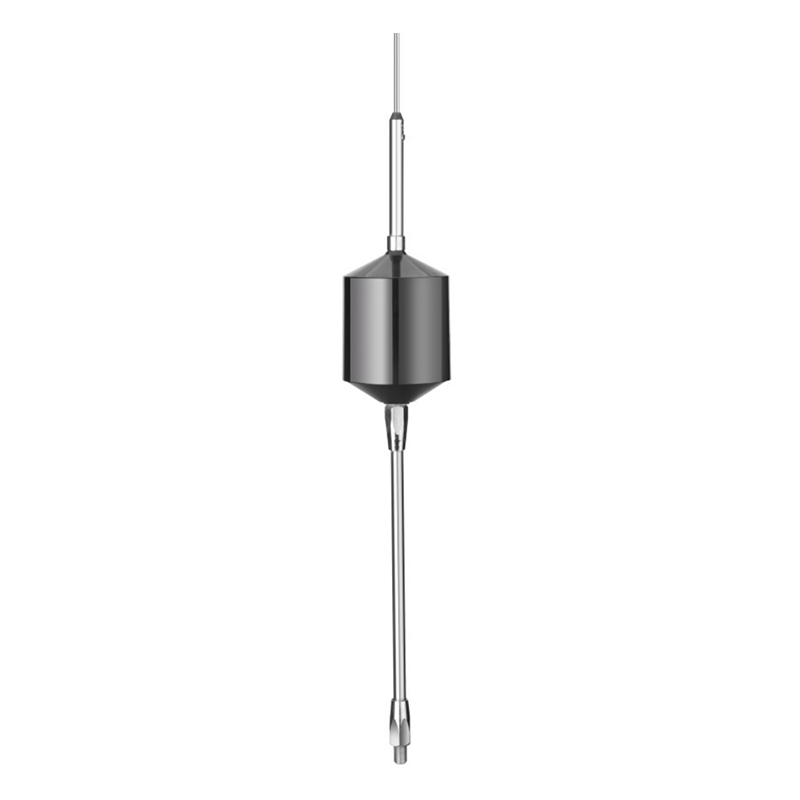

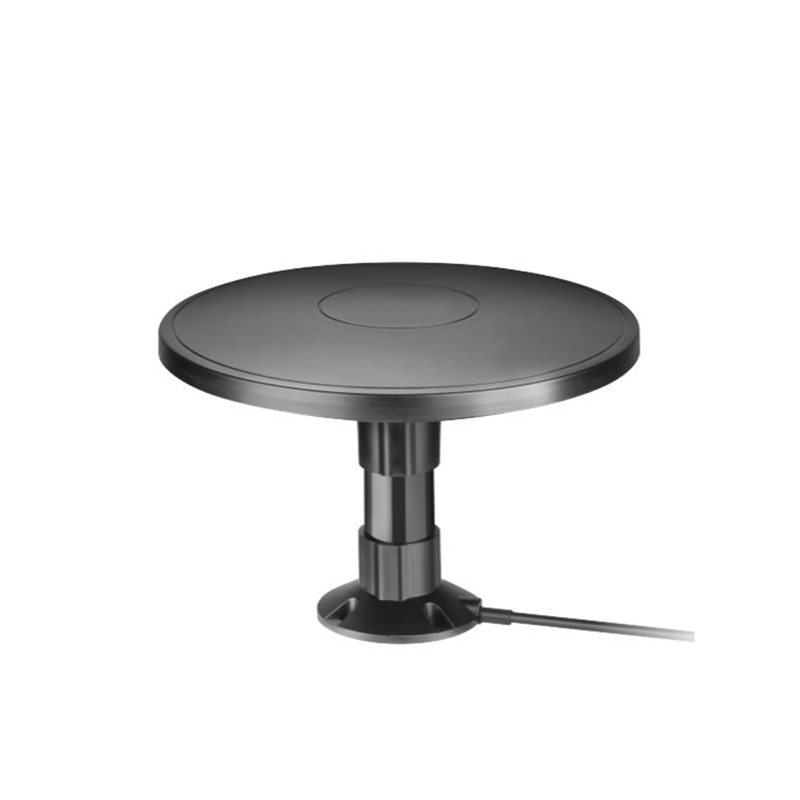
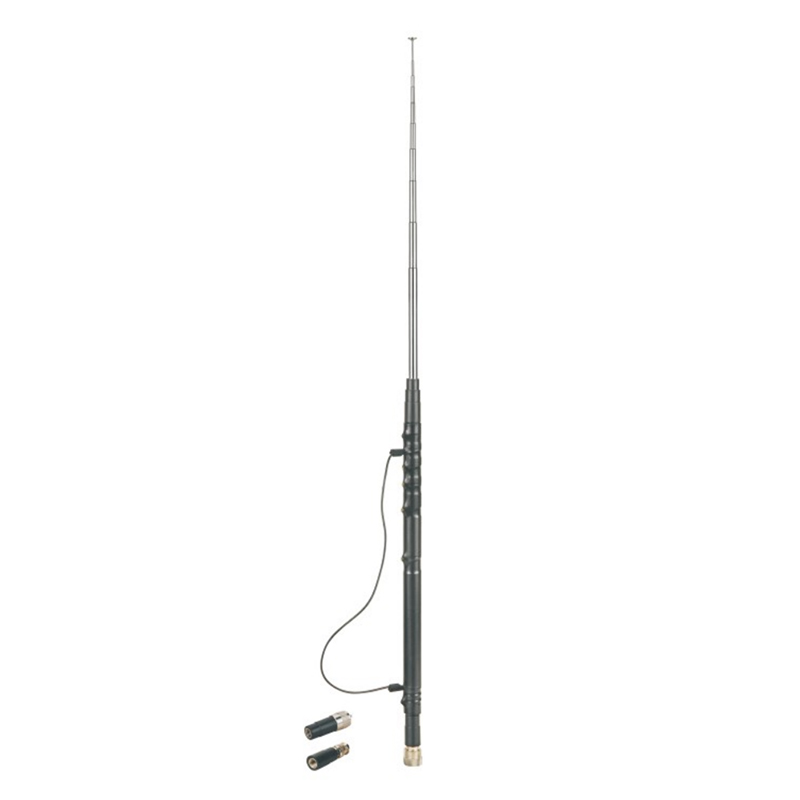

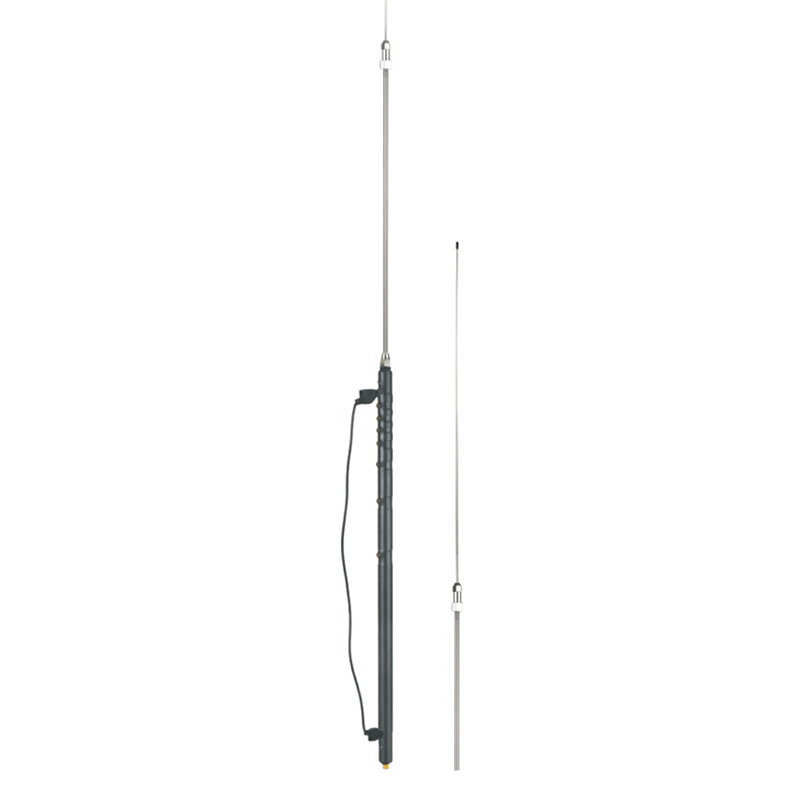
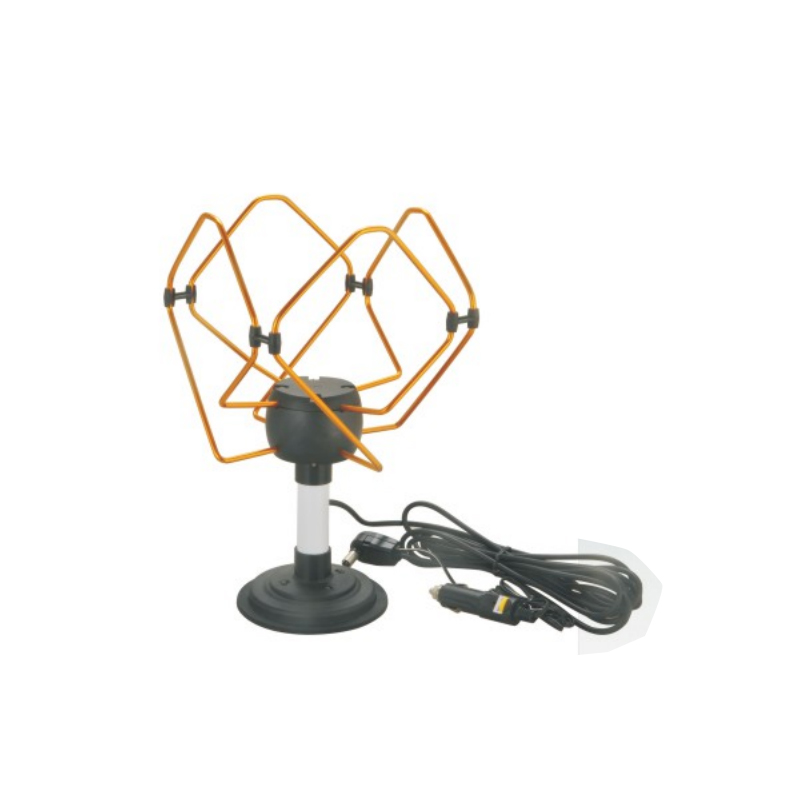
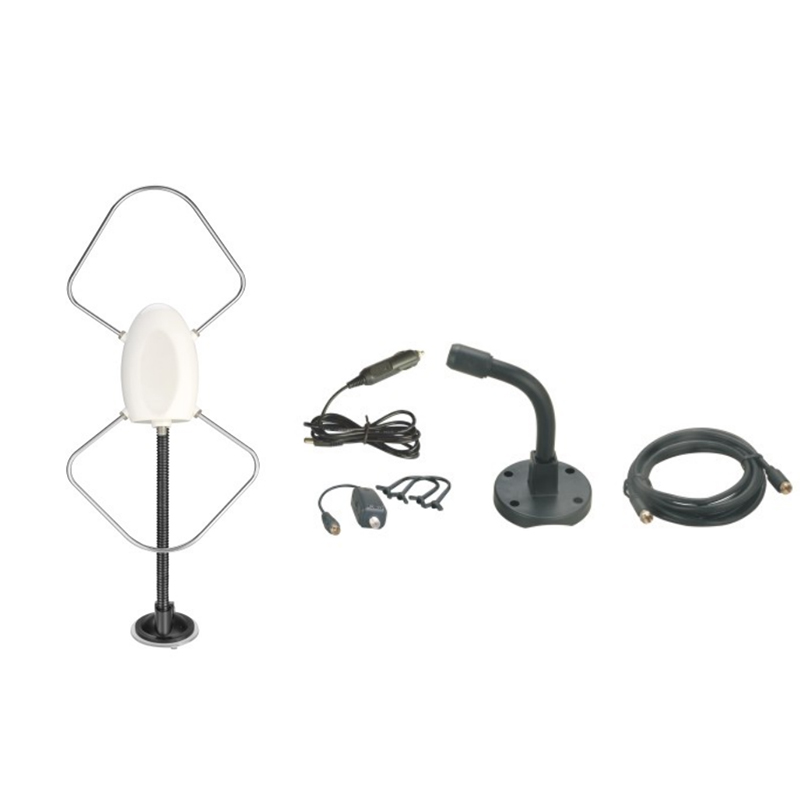
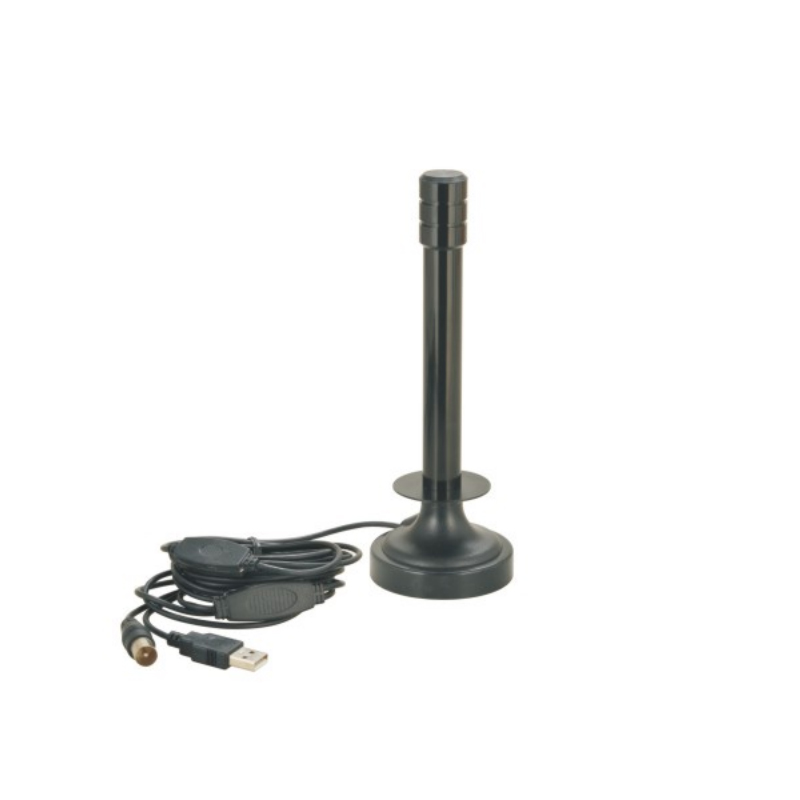
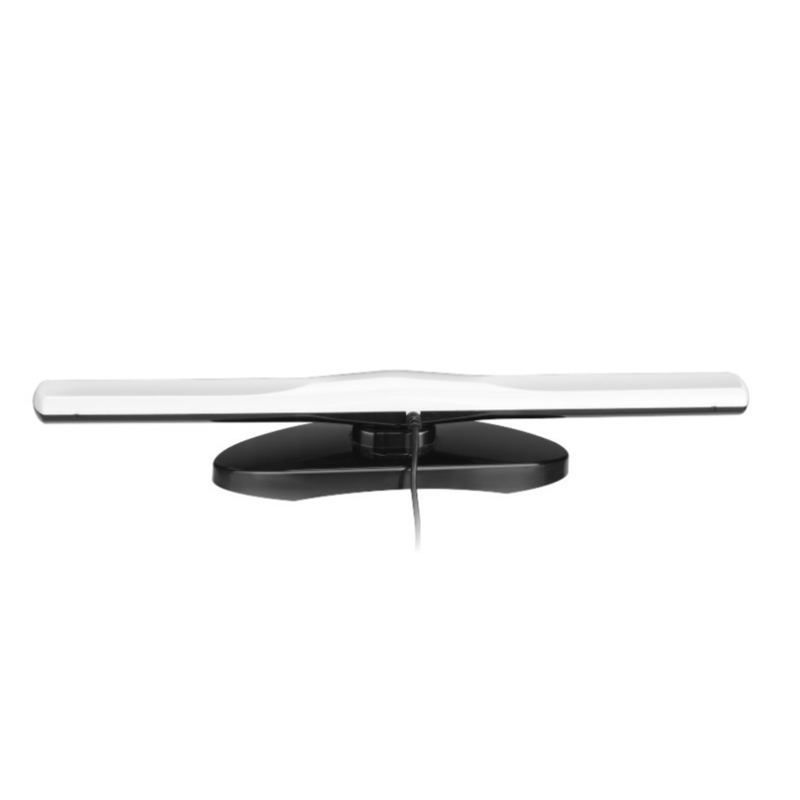
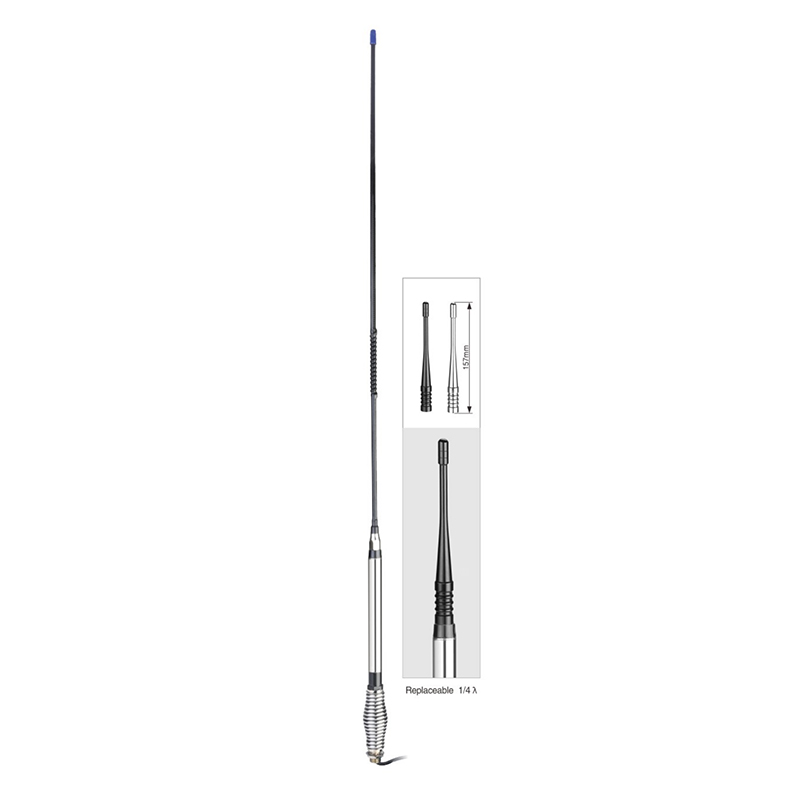

Contact Us